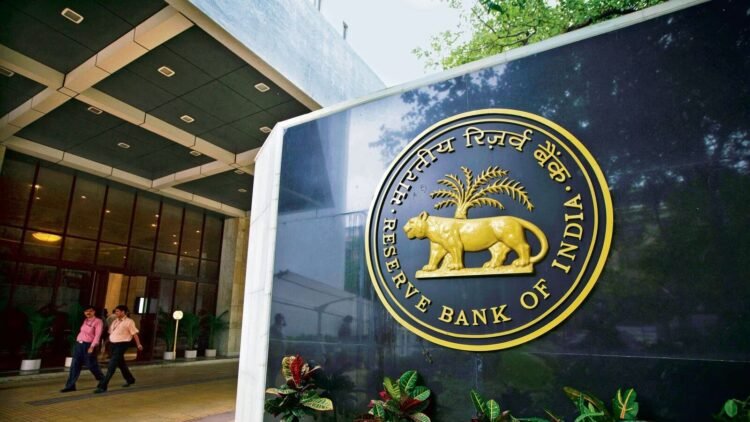The Reserve Bank of India (RBI) has released new comprehensive guidelines to strengthen the authentication framework for digital payments in the country. Effective April 1, 2026, the directions require all digital payment transactions to undergo mandatory two-factor authentication (2FA), aiming to enhance the security of online payments and protect users from fraud. The central bank has also issued specific instructions for handling cross-border transactions, underlining the importance of dynamic authentication and risk-based checks across the payment ecosystem.
Mandatory Two-Factor Authentication for All Digital Payments
According to the RBI, all digital payment transactions in India must be verified using at least two distinct factors of authentication. These factors can fall under the categories of “something the user has,” “something the user knows,” or “something the user is.” Examples include passwords, SMS-based OTPs, passphrases, PINs, card hardware or software tokens, fingerprints, and other biometric identifiers, including Aadhaar-based verification.
The central bank emphasizes that at least one of these factors must be dynamic, meaning it should be unique for each transaction. This ensures that authentication is not only robust but also resistant to replay attacks or fraudulent reuse.
Risk-Based Authentication Checks
The RBI has directed issuers to adopt risk-based evaluation mechanisms for digital payment transactions. Banks and payment providers may identify high-risk transactions based on parameters such as transaction location, device attributes, user behavior patterns, and historical transaction profiles.
“Based on the perceived risk associated with the transaction, additional checks beyond the minimum two-factor authentication may be implemented,” the RBI noted in its September 25, 2025 directions. The central bank also suggested that platforms like DigiLocker may be leveraged for notifications and confirmations in high-risk cases, adding another layer of security to protect users and mitigate potential fraud.
Cross-Border Card-Not-Present (CNP) Transactions
Recognizing the complexities of international digital payments, the RBI has outlined a separate compliance mechanism for cross-border CNP transactions. Card issuers are required to establish a risk-based validation process for non-recurring international transactions by October 1, 2026.
Issuers must register their Bank Identification Numbers (BINs) with card networks to ensure proper tracking and validation. These measures are intended to secure cross-border digital payments, which are increasingly common in e-commerce and international services, and prevent unauthorized transactions initiated by overseas merchants or acquirers.
Promoting Interoperability and Industry Responsibility
The RBI’s guidelines also emphasize interoperability across payment systems, ensuring that authentication mechanisms are consistent and standardized. Issuers are expected to take full responsibility for implementing these protocols and monitoring compliance within their payment networks.
By enforcing these measures, the RBI aims to reduce fraud, increase user trust, and safeguard the integrity of India’s rapidly growing digital payments ecosystem. The move is especially significant as India continues to witness exponential growth in online transactions, driven by mobile wallets, UPI, and card-based payments.
Industry Implications and Future Outlook
Financial institutions and fintech companies now have clear directives to upgrade their authentication infrastructure. While SMS-based OTPs remain prevalent, issuers are encouraged to explore biometric authentication, device-based tokens, and dynamic verification methods to enhance security.
With the April 2026 deadline approaching, banks and payment providers must implement robust mechanisms and staff training to ensure compliance and seamless user experience. The RBI’s directions are expected to significantly reduce payment fraud incidents and strengthen consumer confidence in digital financial services.
You Learn
The RBI’s updated authentication guidelines mark a major step toward securing India’s digital payment landscape. By mandating two-factor authentication, introducing risk-based checks, and regulating cross-border transactions, the central bank aims to create a safe, efficient, and reliable payment ecosystem for consumers and businesses alike.
(India CSR)







